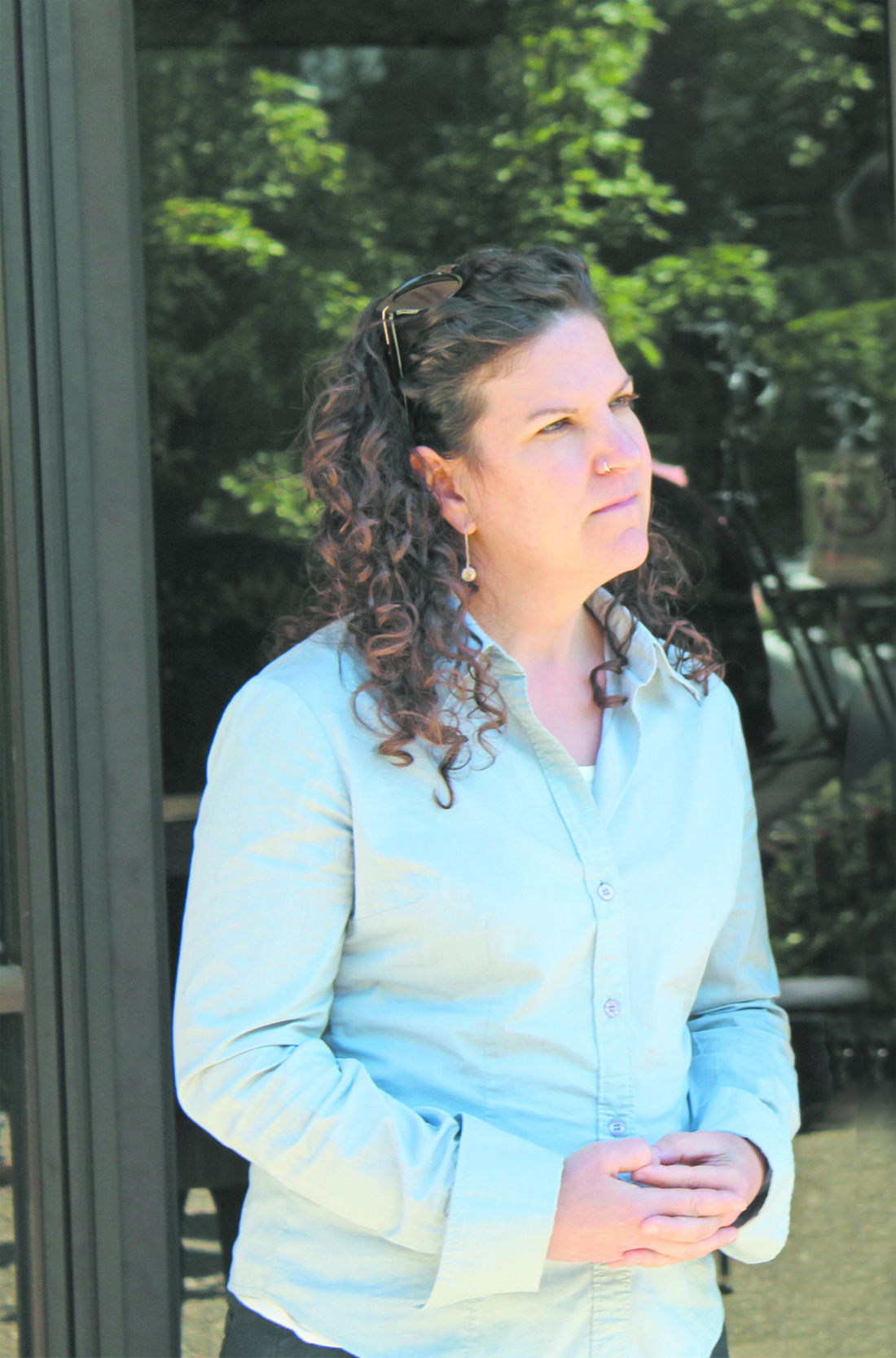
Photo by Ashiah Scharaga
Tami Ritter, 3rd District Butte County supervisor.
Forest Ranch resident Deanna Roesler was notified a couple of months ago that her annual home insurance premium was set to jump from about $2,700 to $10,000—roughly a 270 percent increase.
Roger Campbell found himself in a similar situation. The retired Forest Ranch resident said he received a policy renewal notice in April indicating his annual premium was set to spike 267 percent—from about $3,100 to $11,400.
And for Caitlin Dalby, a middle school teacher in the same foothills community, the news was even more dire: She said her insurance company of the last four years, American Reliable, told her in January her policy was not being renewed.
It was “shocking” and “disappointing,” Dalby told the CN&R.
In the wake of several devastating fire seasons in California, homeowners living in designated high-fire-risk areas have confronted a new reality—home insurance policies that are not being renewed or have become downright unaffordable.
Butte County Supervisor Tami Ritter, whose district encompasses Forest Ranch, Cohasset and east Chico, has heard the complaints. On Tuesday (June 11), the Board of Supervisors, at Ritter’s request, approved sending a letter to California Insurance Commissioner Ricardo Lara urging his office to consider supporting legislative remedies and other solutions for residents living in high-fire-risk areas, including those living in the wildland-urban interface (WUI).
Following the Camp Fire last year, the letter states, “we are hearing concerns of a potentially new catastrophic event: the inability to find adequate and affordable property insurance. It has been reported that several major insurers are canceling and pulling back from writing new policies in the WUI. It has also been reported that premiums in higher risk areas have increased significantly, without specific standards being in place to appropriately assess the underwriting of homeowners’ insurance.”
Ritter told the CN&R that insurance companies appear to be targeting her rural constituents simply by the ZIP code in which they reside. She said she’s seeking regulations or additional oversight so that “after something like this happens, people cannot be canceled or have a renewal fee that is so outlandishly inflated.”
Ritter understands that insurance is a risk-based business, she said, and companies have determined their risk has increased following the Camp Fire and other fires throughout the state. But she added that it’s not appropriate for homeowners’ premiums to be “jacked up” by hundreds of percentage points or not renewed simply because of where they live, or without assessing what a property owner has done to mitigate fire risk.
“With climate change,” she said, “we’re all going to be in a ZIP code that’s problematic—whether it’s fire or flooding.”
A state law went into effect in January that bars insurers from canceling or refusing to renew policies for homes in and adjacent to a wildfire zone for one year after a state of emergency has been declared. The law, however, does not apply retroactively.
Lara, the insurance commissioner, did not respond to requests to his office for an interview. In May, the state Department of Insurance, which he oversees, announced wildfire insurance losses related to fires last November topped $12 billion. A press release further added that the department was working to address “wildfire insurance issues,” targeting insurance affordability and availability, as well as identifying ways to improve the Fair Access to Insurance Requirements (FAIR) plan, “the state’s independent insurer of last resort.”
Forest Ranch residents Roesler, Campbell and Dalby all have opted to insure their homes through the FAIR plan, receiving policies that, while more affordable, provide only basic fire coverage. Homeowners can choose to supplement their FAIR plan policies with additional coverage—such as liability and theft—through general insurers.
Roesler, who previously held a policy with Scottsdale Insurance Co., said there was no way she could afford the $7,000 to renew her policy. She said she is grateful the FAIR plan exists but is unsure what the future holds. Her neighbor, she said, has decided to move away.
The effects of the Camp Fire, both inside and outside the fire zone, have been far-reaching, and they are affecting vulnerable populations such as the elderly, Dalby said.
“It feels like it just keeps going.”
